In the light of changing socio-political landscape, the primary challenge within the corporation today is, how to reposition work-family so that it is not just perceived as a benefit for the employee, but is also seen as a benefit for the corporation—that is, adding to the ‘bottom line’ of business. The cultural values attached with the social role of a woman significantly affect her career choice. Conventionally managerial jobs have defined as largely a matter of instrumentality, autonomy and result-orientation, which fit the stereotypes of men rather than those of women. Sex stereotypes are culturally based beliefs prescribing appropriate and inappropriate behaviours for the two genders. Against this backdrop the present study intends to examine the socio-cultural determinants of women leadership at the top in Southeast Asian countries. The book is important for the top management of different organisations. It can be used as a reference book in the MBA course on organisational behaviour in different management institutes.
ABOUT THE AUTHOR Sunita Singh-Sengupta
Dr. Sunita Singh-Sengupta is a full time faculty in the Behavioural Sciences group at Indian Institute of Management Calcutta. A recipient of state and national merit scholarship Sunita Singh-Sengupta holds an excellent academic record. She was awarded Pre-Doctoral Fellowship from Indian Council of Social Science Research, New Delhi, and Post-Doctoral Fellowships from Council of Scientific and Industrial Research, New Delhi and Indian Council of Social Science Research, New Delhi respectively. She has the teaching and training experience of more than 11 years. Dr. Sing-Sengupta has authored six books and several articles in the national and international journals of repute. Her authored books: The Emerging Patterns of Power Distribution, New Delhi, 1990. Work Culture in Police Administration, new Delhi, 1995. The Senior Managers: Challenges and Coping Strategies, New Delhi, 1997. The Positive Face of Power, New, 2001. Business and Society, New Delhi, 2003. women Leadership in Organization, New Delhi, 2003. she started her professional career in the area of Organizational Behaveiour in September 1983. Since then she is working on different aspects of it, specially, related to power relations, work culture, conflict and stress management, strategic leadership, social values in work organizations, trade unionism and women representation in Asian organizations. She provided training inputs to a wide range of organizations in their various training programmes designed for different level of employees on different topics related to human resources development and organizational behaviour.

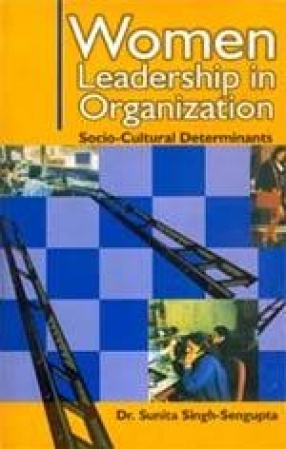
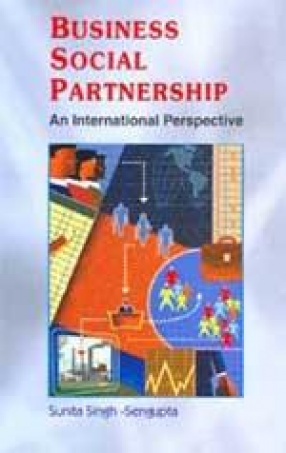
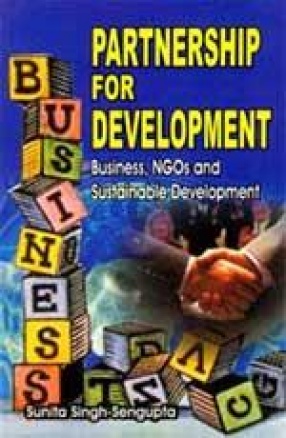

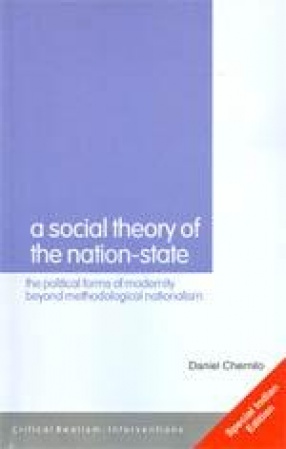
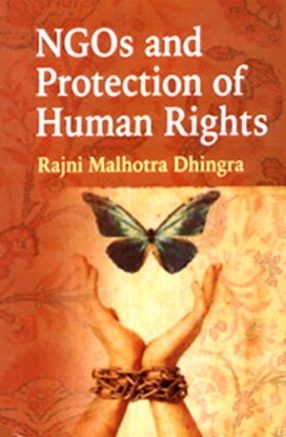
There are no reviews yet.